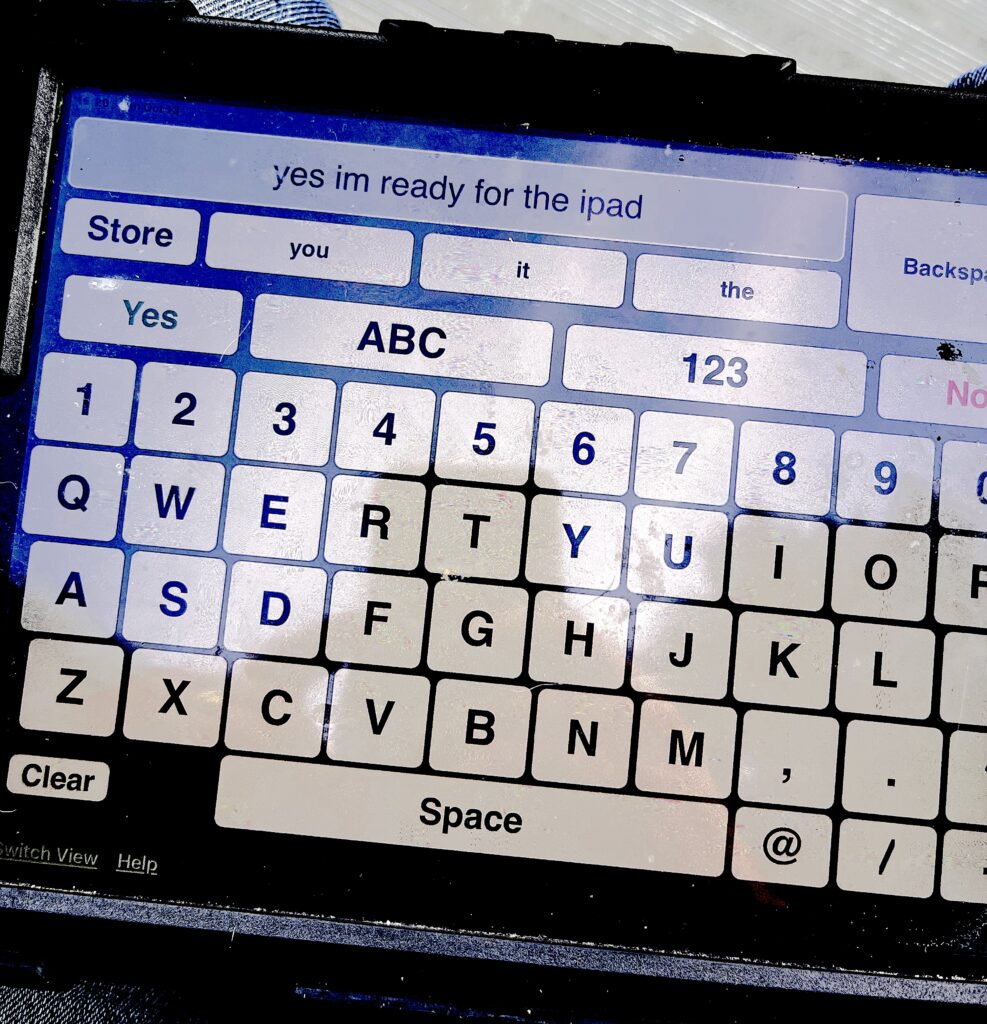
Tools like these are changing lives—unlocking voices trapped for years.
Imagine waiting 30 years to finally share your thoughts with the world. For one courageous non-speaking individual, that wait is over. Their powerful blog post, aptly titled “Finally,” provides a glimpse into the profound depth of intelligence, emotion, and humanity that exists within non-speakers who, for far too long, have been underestimated and silenced.
Reading their words, it’s impossible not to feel both inspired and heartbroken. Inspired by their resilience and determination, and heartbroken by the decades lost to assumptions and inadequate systems that failed to presume competence. This story isn’t unique, though—it’s part of a growing movement of non-speakers who are proving, day after day, that their voices matter.
As someone deeply connected to this journey with my own son, I can’t stress enough how vital it is to listen to these voices and to champion the tools and methodologies that allow non-speakers to communicate authentically. Programs like Spelling to Communicate don’t just teach non-speakers to meet basic needs—they unlock their ability to express complex thoughts, share their dreams, and engage with the world around them in meaningful ways.
Contrast this with traditional AAC devices and systems that, while valuable for many, often limit non-speakers to choices like “I’m hungry” or “I need the bathroom.” These systems can inadvertently trap people in a cycle of basic need-based communication rather than unlocking their true potential. The difference is night and day.
For anyone who doubts the power of these methodologies, I urge you to read this post. It’s a testament to the intelligence and competence that non-speakers possess—and a wake-up call to all of us to stop underestimating them.
It’s not enough to assume that a person has nothing to say just because they can’t speak. We must provide the tools and support they need to speak for themselves. And we must do it now. Every day we wait is another day someone’s voice is trapped.
Let this story remind us of why we fight for inclusion, access, and the right for every non-speaker to be heard on their own terms. These voices are not just important—they’re essential.
